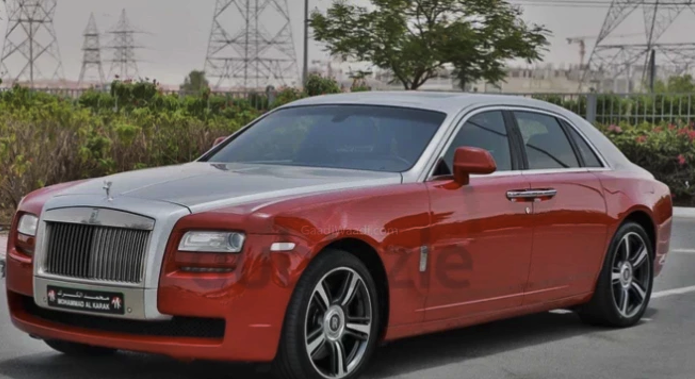To hire a car in Dubai, start by researching rental companies online to compare prices and read reviews. Many international brands, like Rent.Cars, have branches there, along with local options. Once you choose a company, you can book a car online or by visiting the rental office. You'll need a valid driver's license, passport, and credit card. Some companies may also require an International Driving Permit. When picking up the car, inspect it for any damage and understand the rental terms, including insurance coverage and fuel policy. Enjoy exploring Dubai with the convenience of a rental car!
To understand what car you need, consider your needs and preferences. Think about how many people will be traveling with you and how much luggage you will have. If you are traveling alone or with one other person, a small car might be enough. For families or groups, a larger car or SUV would be better. Also, consider the type of driving you'll be doing. For city driving, a compact car is easier to park and navigate. If you plan to drive long distances or on rough terrain, an SUV or a car with good fuel efficiency and comfort is ideal. Finally, think about your budget, as car rental prices vary depending on the type and size of the car.

The average cost of renting a car varies based on factors like the type of car, rental duration, and location. In Dubai, for example, renting a compact car might cost around $20 to $40 per day. Mid-size cars could range from $40 to $60 per day, while luxury cars and SUVs can cost $100 or more per day. Weekly rentals usually offer better rates, with compact cars averaging $150 to $250 per week. Additional costs to consider include insurance, fuel, and any extra features like GPS or child seats. Always check for any hidden fees and read the rental agreement carefully.
To choose a car rental company, start by researching and comparing different options. Look for well-known international brands like Hertz, Avis, and Budget, as well as reputable local companies. Read online reviews to learn about other customers' experiences. Check each company's rental rates, vehicle selection, and availability. Consider factors like customer service, the condition of the cars, and any additional services they offer. Compare insurance policies, fuel policies, and any extra fees. It's also helpful to look for companies with convenient pickup and drop-off locations. Finally, choose a company that offers the best combination of price, service, and convenience for your needs.

1. What documents do I need to rent a car? You typically need a valid driver's license, a passport, and a credit card. Some companies may also require an International Driving Permit (IDP).
2. Can I rent a car if I'm under 25? Many rental companies have a minimum age requirement of 25. However, some companies allow younger drivers, usually with an additional fee for drivers aged 21-24.
3. What is included in the rental price? The rental price generally includes the basic rental fee and may include limited mileage. Insurance, taxes, and additional features like GPS or child seats are often extra.
4. Can I rent a car without a credit card? Most rental companies require a credit card for the security deposit. Some might accept debit cards, but this varies by company and location.
5. What should I do if the rental car breaks down? Contact the rental company's emergency roadside assistance number immediately. They will provide instructions and help, which might include sending a replacement vehicle.
6. Is there a mileage limit on rental cars? Some rental agreements include unlimited mileage, while others have a daily mileage limit. Be sure to check your rental agreement to avoid extra charges.
7. Can I return the car to a different location? Many rental companies allow one-way rentals, but there may be an additional fee. Always confirm with the rental company and ensure it's stated in your agreement.